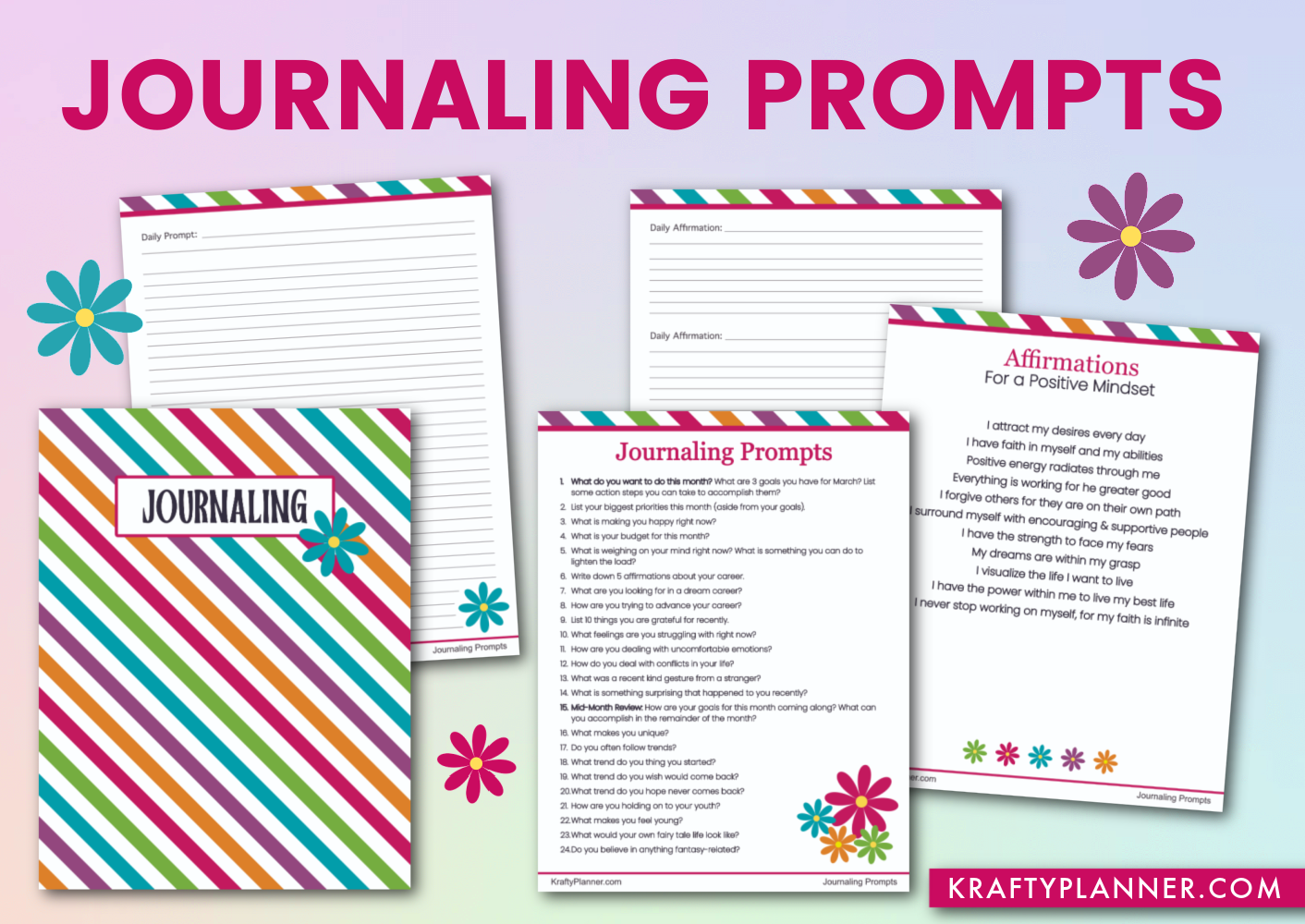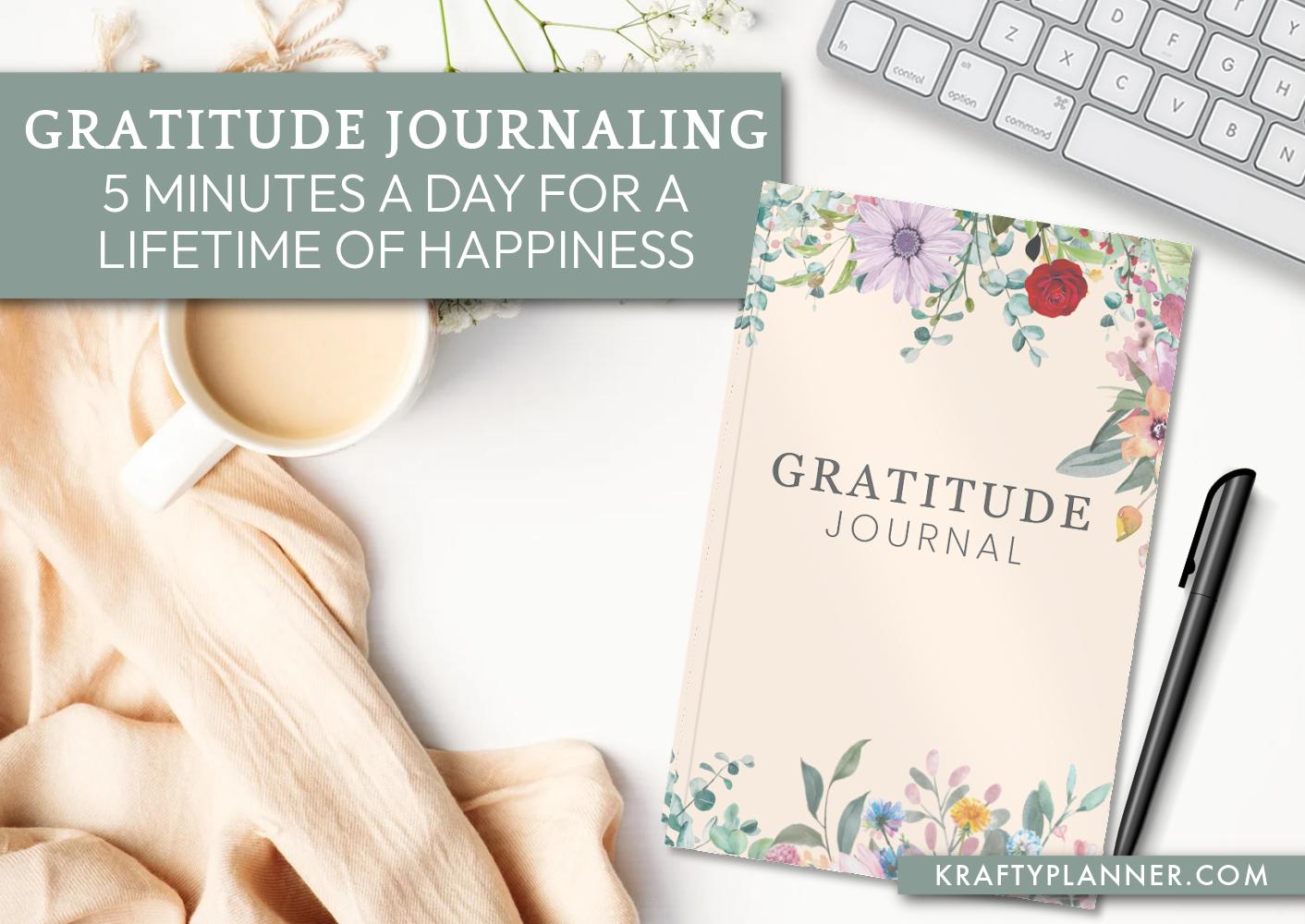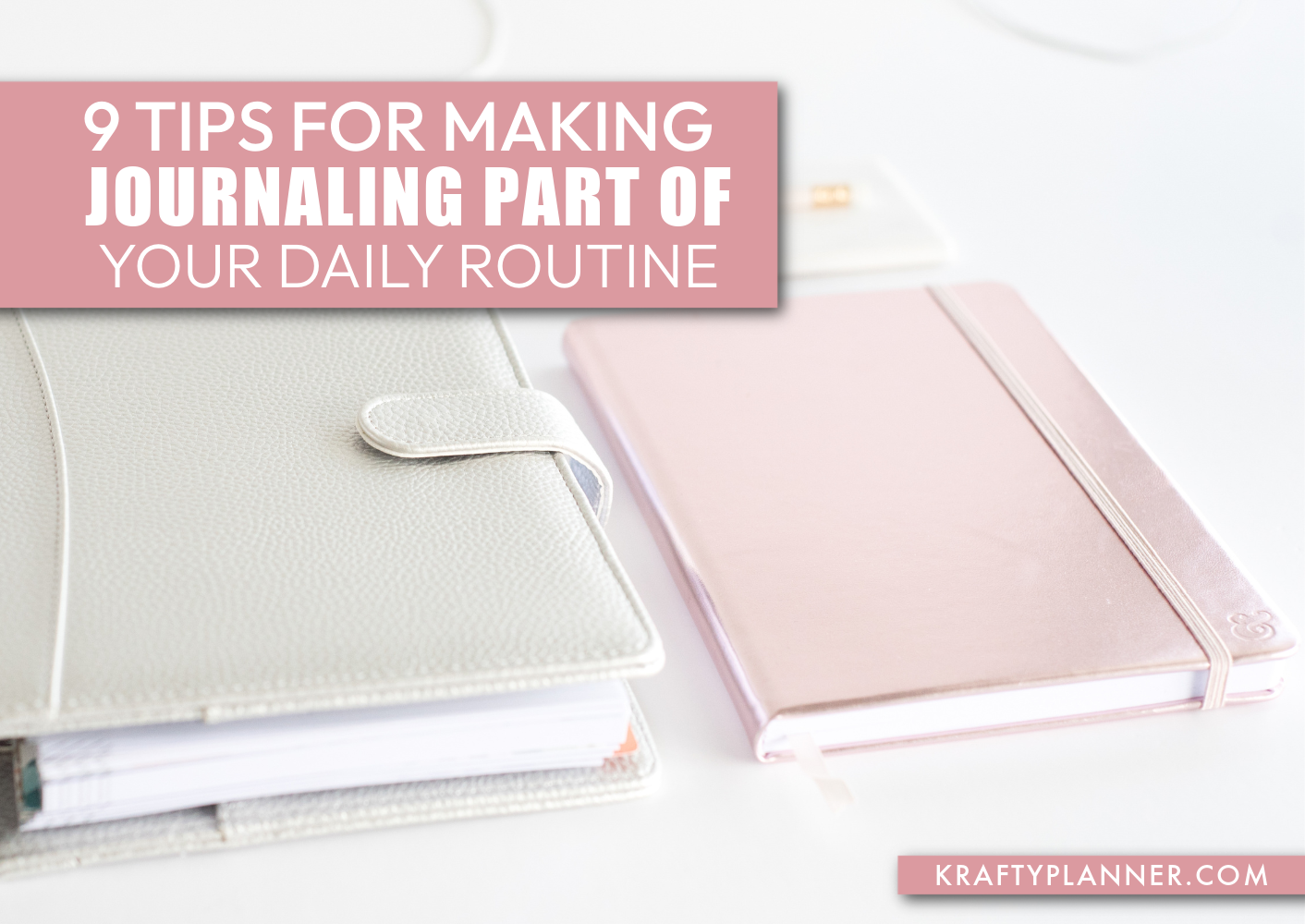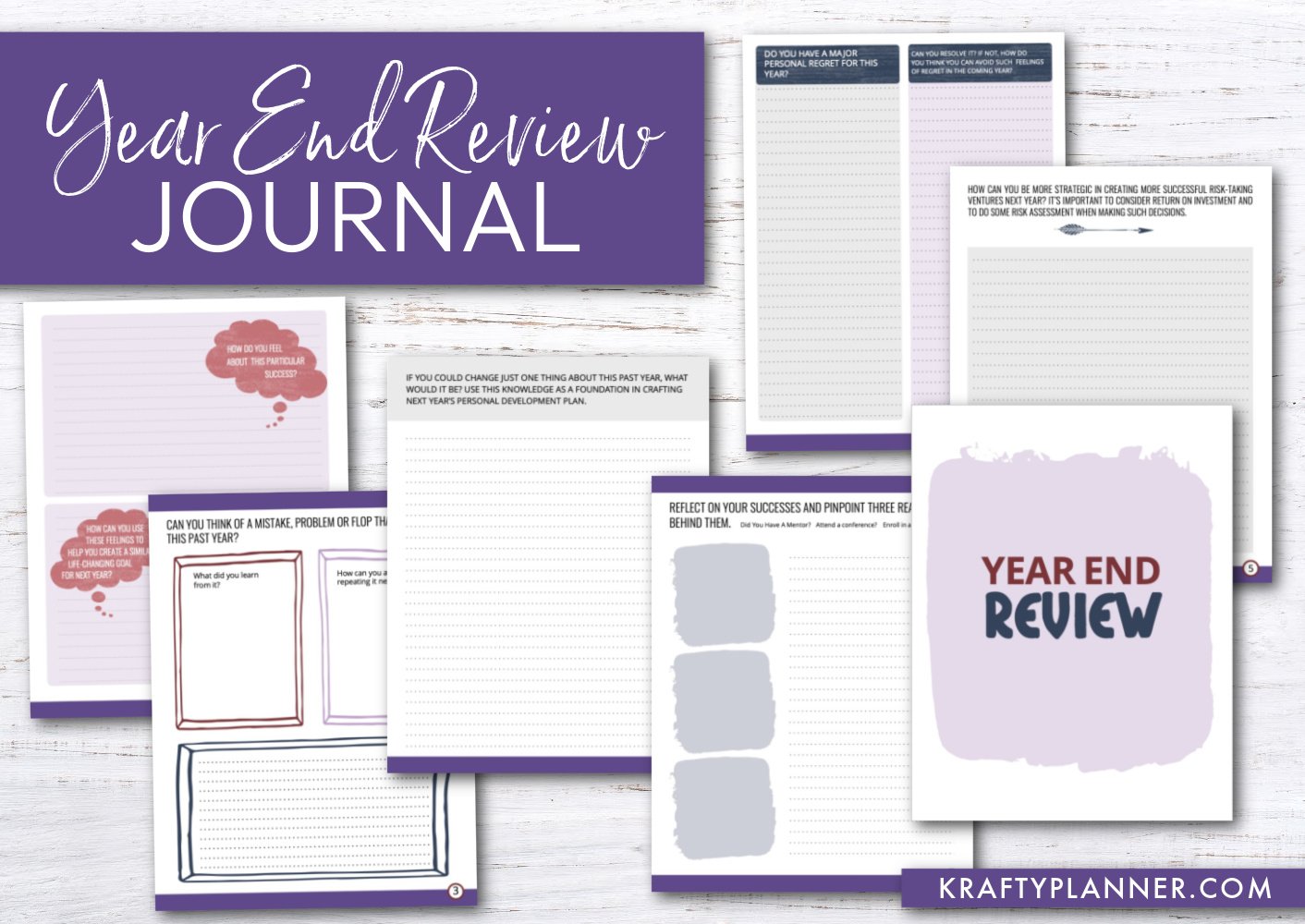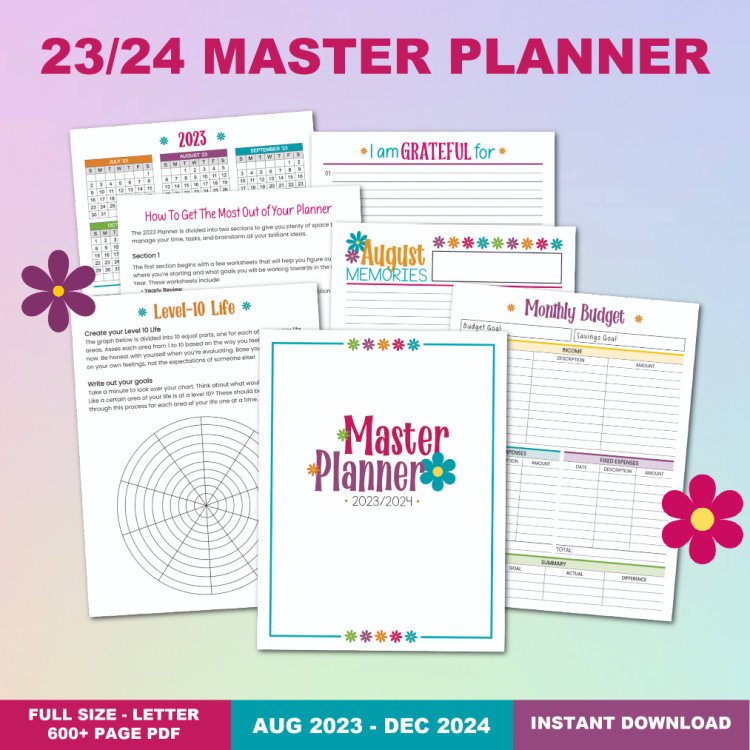How to Create a Bedtime Routine That Will Help You Combat Stress
One of the biggest reasons people experience stress at bedtime is failure to plan for a restful night’s sleep.
Like most things, failure to plan is a plan to fail. It seems simple enough, you get in bed, turn off the lights, close your eyes, and fall asleep.
Right?…
If only it were that simple.
The key to getting to sleep is to prepare for sleep ahead of time.
Having a bedtime routine can help combat stress and prep our minds and bodies for rest.
The hour before you go to sleep is as important as the moment your head hits the pillow.
Here’s why-
The activities you engage in leading up to bed affect your sleep
What you do prior to going to bed can make or break your ability to fall asleep.
Engaging in screen time, drinking caffeine, watching emotionally intense content, discussing sensitive topics, and other activities can trigger you to be more active when you should be winding down.
Before going to bed, it’s best to do activities that promote and trigger your natural sleep rhythm. Like drinking decaffeinated hot tea, taking a hot bath or shower, reading or journaling.
Listening to meditative content, wearing comfortable clothing, and prepping for bed all promote restful sleep.
Your circadian rhythm affects your sleep cycle
Our bodies are designed with an internal sleep cycle. The circadian rhythm is a natural biological process in our bodies that helps us discern night from day.
We have an innate wind-down window where our bodies shift towards sleepiness and ready themselves to go to bed.
Disrupting this cycle with staying up late or overstimulation can cause significant stress and make it much harder to fall asleep and wake refreshed.
Related Post: Sure-Fire Tips for Sleeping Well Even When You Have a lot on your Mind
You can help keep your rhythm in sync by setting a routine bedtime and sticking to it.
Sleep training your body to sleep and wake at specific times can help manage and override stressful thoughts at bedtime because your body will be used to going to sleep on a schedule.
Once your body is accustomed to falling asleep and waking at specific times you likely won’t need an alarm clock or have trouble falling asleep…even when you’re feeling stressed.
I still set my alarm just in case but normally I wake up 5 to 10 minutes before it goes off.
Create a routine that works for you
Creating a bedtime routine that works for you will help you consistently get ready for bed and fall asleep with very little effort.
Everyone is different, what one person needs to wind down may look different than someone else.
Develop bedtime habits that help calm, relax, and destress prior to bed and you’ll experience an easier time falling asleep and have more restful nights.
I’m so happy you stopped by today! Thanks, ❤️
BEFORE YOU GO:
Here are a few more journaling posts you might like:
Printing Tips:
THE ULTIMATE LIST OF PRODUCTS, APPS, TOOLS, AND RESOURCES I USE ON A DAILY BASIS
See my Link Party Directory for a current list of blog parties I attend each week.
FOR PERSONAL USE ONLY – Please Read Freebies Terms of Use.
(This post may contain affiliate links. For more information, see my disclosures here.)
~ share this post ~
Did you like this post? Do you know someone else who might enjoy it? Please take a minute to share it on Pinterest, Facebook, or your favorite social media… Thank you!




















